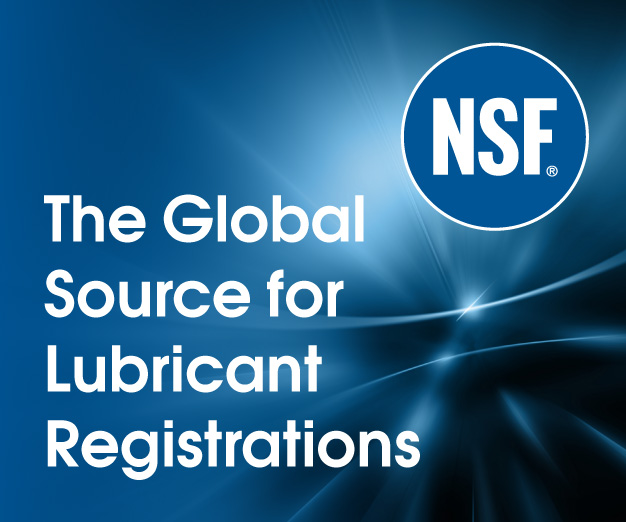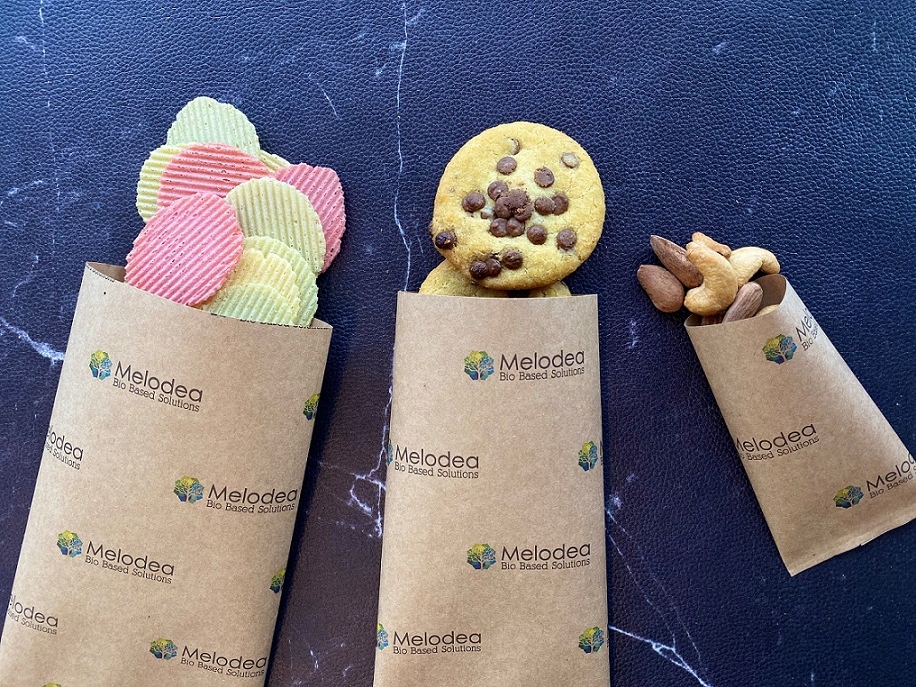Melodea enters US with plastic-free packaging solution
Green-tech start-up Melodea, producer of sustainable barrier coatings for packaging, plans to expand its eco-friendly solution to the U.S. market. The move is set to support increased production capacity of its novel, plastic-free, plant-based barrier coatings to serve the burgeoning U.S. and South American markets.
One of the greatest strains on the ecology and climate is of plastic waste. Of the millions of tons of plastic waste generated each year, single-use plastic packaging is the worst culprit. Melodea produces barrier coating material sourced from wood pulp, a sidestream of the paper-making industry. Its innovative green solution is helping food, beverage, and consumer goods packagers sever unwanted ties with plastic. Plastic has long been necessary to maintain food freshness, acting as a barrier to prevent unwanted transmission of oxygen, water, oil, or grease into the products.
Melodea developed a unique formula derived from cellulose nanocrystals (CNC) that can withstand high humidity and protects packed products from oxygen, water, oil, and grease. This sturdy but lightweight plant material offers an alternative to plastic and aluminium for maintaining the quality and integrity of packaged foods. As a forestry by-product, it also is biodegradable, fully recyclable, and non-toxic to people or the environment. The award-winning material currently is being used for the manufacture of paper-based pouches, lids, moulded pulp trays, and more.
Melodea will operate a toll manufacturing plant in the U.S. which will allow for the cost-effective production, shipping and easier logistics of its two leading products: MelOx, which protects packaged products from oxygen and oil and grease transmission; and VBcoat, which counteracts the transmission of water, oil, and grease. All of Melodea’s barrier coatings are in compliance with FDA regulations for food packaging.
“CNC from naturally abundant and renewable cellulose is emerging as one of the most promising green solutions to help replace environmentally harmful materials,” said Shaul Lapidot, CEO and co-founder of Melodea. “The new plant, combined with our newly established ties in the US, can potentially triple our manufacturing capacity to meet amplified demands. It also will shorten the travel and subsequent carbon footprint by bringing production closer to our main markets in South America and the U.S.”
Melodea recently forged a new commercial deal with a major manufacturer of plantbased fibre solutions in its mission to eliminate single-use plastics. The company will produce and market various packaging products infused with Melodea’s VBcoat moisture barrier. The first product to be rolled out is an eco-friendly, high-performing moulded pulp tray for leafy greens designed to replace existing plastic-based formats.
Melodea estimates it will be ready to start shipping locally from the US site within the next 3 to 6 months.
The global nanocellulose market is currently worth approximately US$346M and is projected to grow to US$963M by 2026.
Melodea has so far raised a total of US$20M in capital. The company was founded as a spin-off project initiated at the Hebrew university of Jerusalem in 2010 in Israel by Lapidot together with Tord Andres, an expert from the composites world, and Oded Shoseyov PhD, a renowned expert in nano materials and plant biotechnology who sits on the Melodea advisory board. Melodea’s technology is protected by an impressive 14 patents and was a winner of the Packaging Europe 2019 sustainability award.



